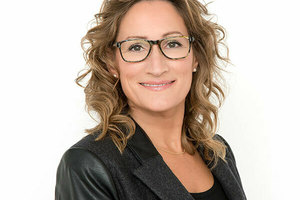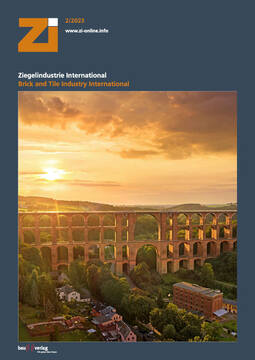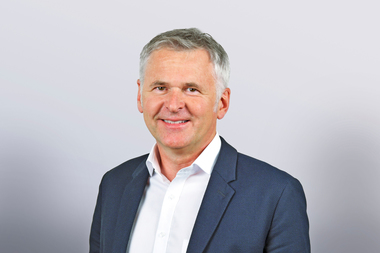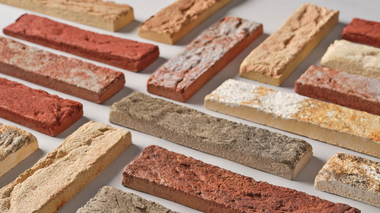Danske Tegl is on the way with a CO2 roadmap
With input from the entire construction industry and with calculations from the Danish Technological Institute, a future CO2 roadmap will both show the way towards a CO2 neutral production of Danish bricks and a more sustainable use of bricks throughout the construction industry.
The transition to a more CO2 friendly production of Danish bricks is in full swing and has been for a long time. Since 1990, Danish brickworks have reduced their CO2 emissions by 50 percent by, among other things, switching from coal to natural gas, purchasing new and far more efficient kilns and generally optimising production.
„The Danish brick industry has long been working on the transition to a more sustainable production of bricks by changing the obvious challenges in our production. Now we must further accelerate our climate efforts by taking new paths, and our goal is ambitious: We in the industry want the production of Danish bricks to be CO2 neutral,“ says Andreas Christensen, Chairman of the Board of Directors of Danske Tegl.
A working tool for the entire value chain
Gitte K. Nielsen, CEO of Danske Tegl, hopes that the upcoming CO2 roadmap can become a strong, common working tool that can also inspire and motivate the many players - from builders and developers to architects, engineers and contractors - who work with and convert Danish-produced bricks, building stones and mortar.
„We have really put a lot of effort into developing a CO2 roadmap, where we put our own house in order, so to speak. But the entire construction value chain is also included and can make use of the catalogue of initiatives that our roadmap will contain,“ says Gitte K. Nielsen. To achieve that, the Danish Technological Institute has obtained large amounts of input from the entire construction industry value chain through a large number of interviews with engineers, architects, consultants and developers.
Roadmap to be published in 2023
The best and most effective proposals for new initiatives and methods with the potential to reduce the carbon footprint in the masonry construction industry are collected by the Danish Technological Institute, which is also responsible for conducting LCA-based potential calculations on each individual initiative.
This may be new ideas for material savings, new initiatives in the design phase, efforts to promote more reuse of materials, development of new types of bricks, better collaboration in the value chain resulting in less waste, CO2 capture at the plants and much more.
„Last, but certainly not least, the upcoming roadmap must also address and make suggestions on how we as an industry can reduce the use of resources. It goes without saying that there is only a given amount of sand, clay, iron, aluminium, etc. available on the planet, and we must use it wisely. This requires more knowledge on how to conserve our resources and keep them in their current form for as long as possible. Today, everyone is talking about CO2, but the resource agenda is at least as important to address,“ says Gitte K. Nielsen.
The industry expects the final CO2 roadmap to be published in the first half of 2023.





